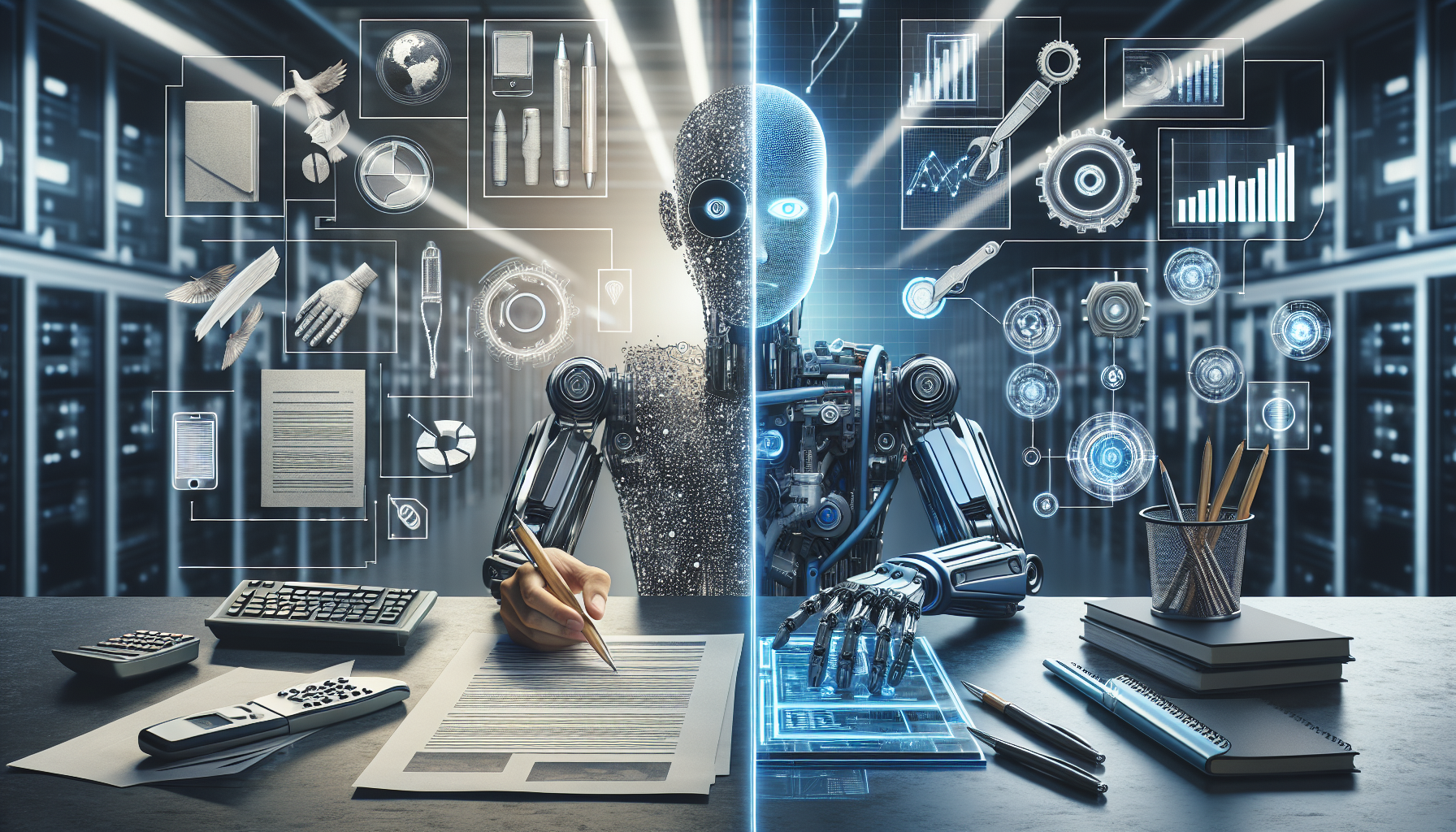
AI in Supply Chain Management: Unpacking the Future of Operational Efficiency
October 10, 2025
Artificial intelligence is reshaping industries left and right, and if you've been paying attention, you know its impact on supply chain management is nothing short of revolutionary. But let’s peel back the layers and see what’s really happening when AI meets the world of logistics.
Imagine for a moment that you're managing a sprawling network of suppliers, manufacturers, and distributors. The sheer volume of data pouring in could make anyone's head spin. Enter AI: the technology that doesn’t just handle this data but thrives on it, turning what could be overwhelming into actionable insights. It's like having a super-smart assistant who never sleeps and is always a step ahead.
So, what's the buzz about? For starters, AI is turning the predictive capabilities of supply chain management up to eleven. Machine learning algorithms, part of the AI family, analyze historical data to forecast demand with uncanny precision. This means companies can keep their inventories lean and mean, cutting down on waste and ensuring that shelves are stocked with exactly what customers want, when they want it. It’s a win-win for businesses and consumers alike.
But there’s more to AI in supply chains than just demand forecasting. Think about the logistics of shipping goods across the globe. It’s a bit like playing a massive game of chess, where every move matters. AI helps by optimizing routes and schedules, reducing fuel consumption, and speeding up delivery times. It’s a classic case of working smarter, not harder. And in an era where sustainability is no longer optional, this kind of efficiency is golden.
Let’s dive into a lesser-known but equally fascinating aspect: risk management. Picture this: a natural disaster strikes, threatening to disrupt the supply chain. Traditionally, businesses would scramble to mitigate the impact, often reacting after the fact. AI changes the game by enabling real-time risk assessment. Advanced algorithms can predict potential disruptions and suggest alternative strategies, minimizing downtime and keeping the supply chain flowing smoothly.
One of the more exciting developments is the use of AI in warehouse automation. Robots powered by AI are becoming common sights in warehouses, picking and packing products with speed and precision that’s hard for humans to match. These robots learn and improve over time, which means the longer they work, the better they get. For businesses, this translates to reduced labor costs and increased accuracy.
Now, you might be wondering about the human element in all this. Will AI replace humans in supply chain roles? The truth is, AI is more about augmentation than replacement. It’s about empowering people to do their jobs better and more efficiently. Take decision-making, for instance. With AI handling the number crunching, humans can focus on strategic decisions and creative problem-solving. It’s a partnership where both sides bring their strengths to the table.
Let’s not forget about the role AI plays in enhancing transparency. Consumers today want to know where their products come from and how they’re made. AI-powered platforms can track a product’s journey from raw material to retail shelf, providing detailed insights at every step. This transparency builds trust and fosters stronger relationships between brands and consumers.
Of course, integrating AI into supply chain operations isn’t without its challenges. There’s the initial cost, the need for data accuracy, and the ever-present issue of cybersecurity. But these hurdles are being addressed with innovative solutions, like cloud-based AI services that offer scalable, secure, and cost-effective options for businesses of all sizes.
So, where does this leave us? As AI continues to evolve, its role in supply chain management will only grow. We’re on the cusp of a future where supply chains are not just efficient and resilient but also highly adaptable to whatever challenges come their way. The real question is, how will businesses leverage these capabilities to create new value and stay ahead of the competition?
In a world where change is the only constant, AI in supply chain management offers a powerful toolset for navigating the complexities of global commerce. It’s not just about keeping up; it’s about setting the pace. How will you embrace the possibilities of AI to transform your supply chain operations? The future is waiting, and it’s full of potential.


